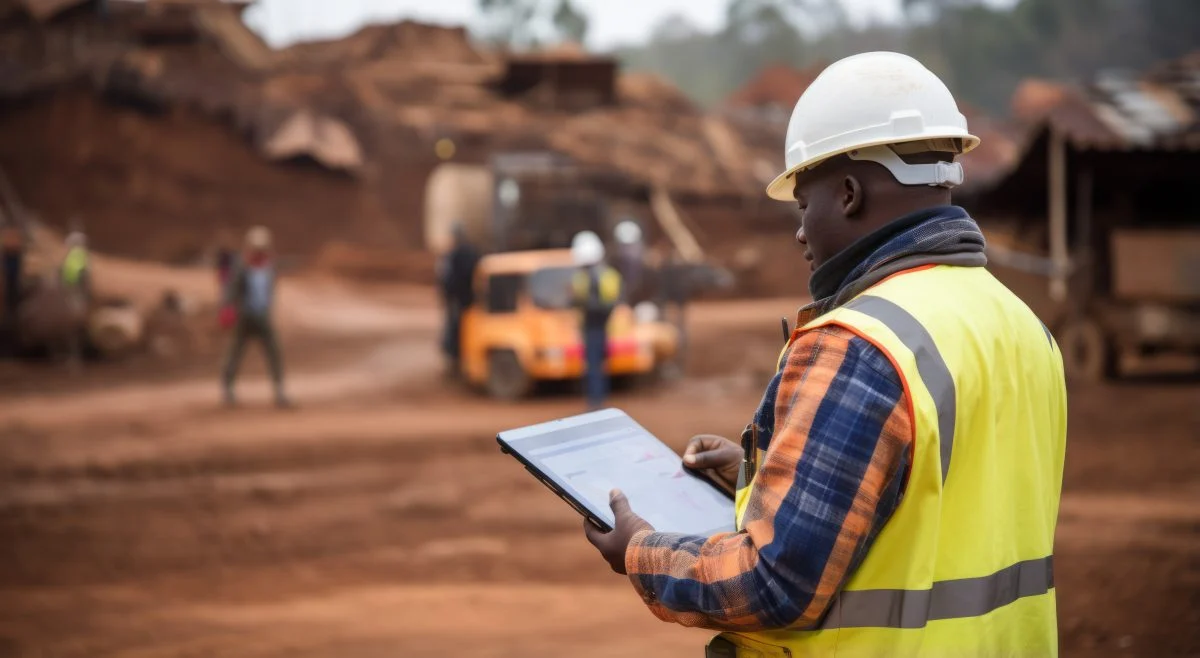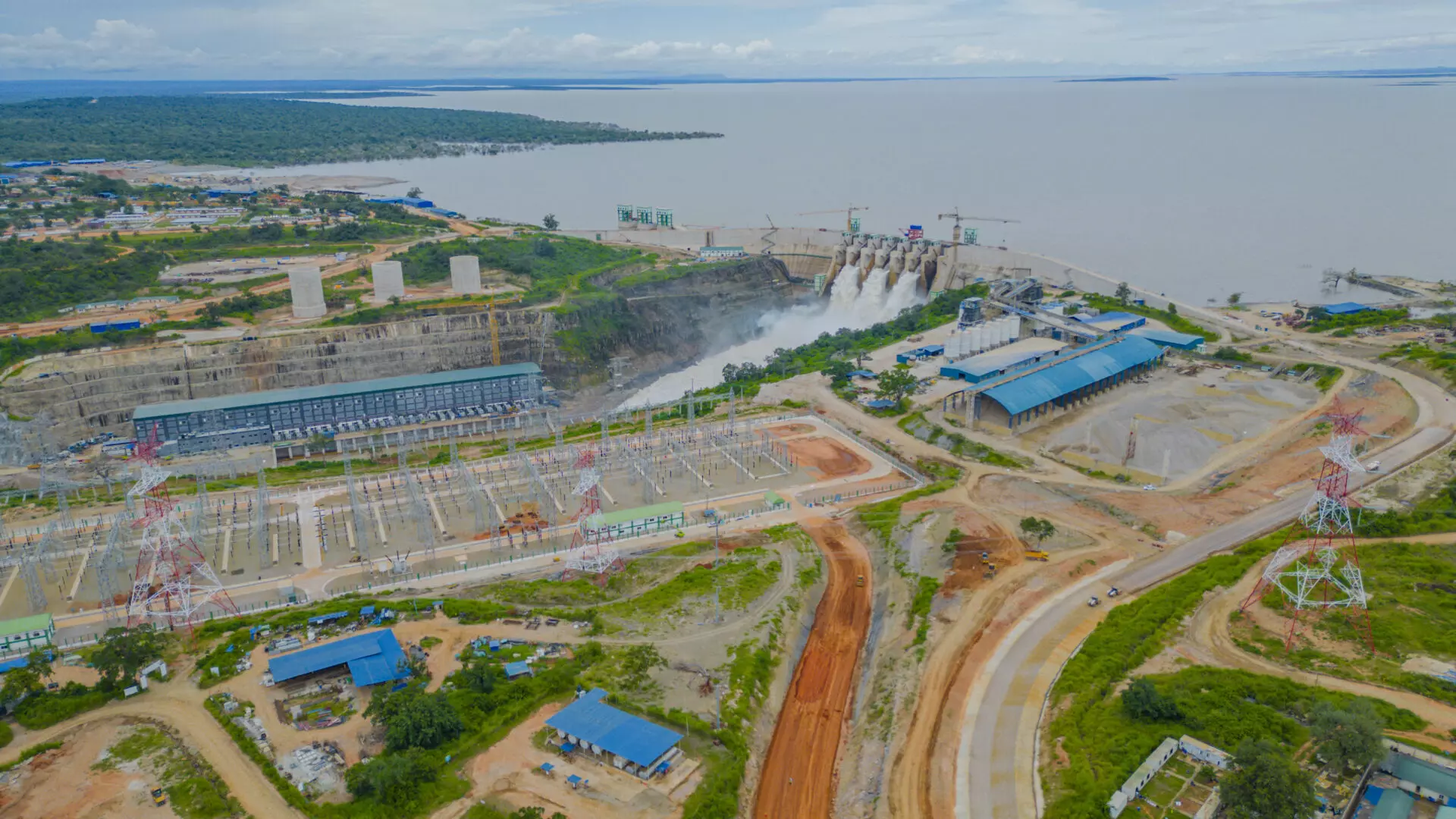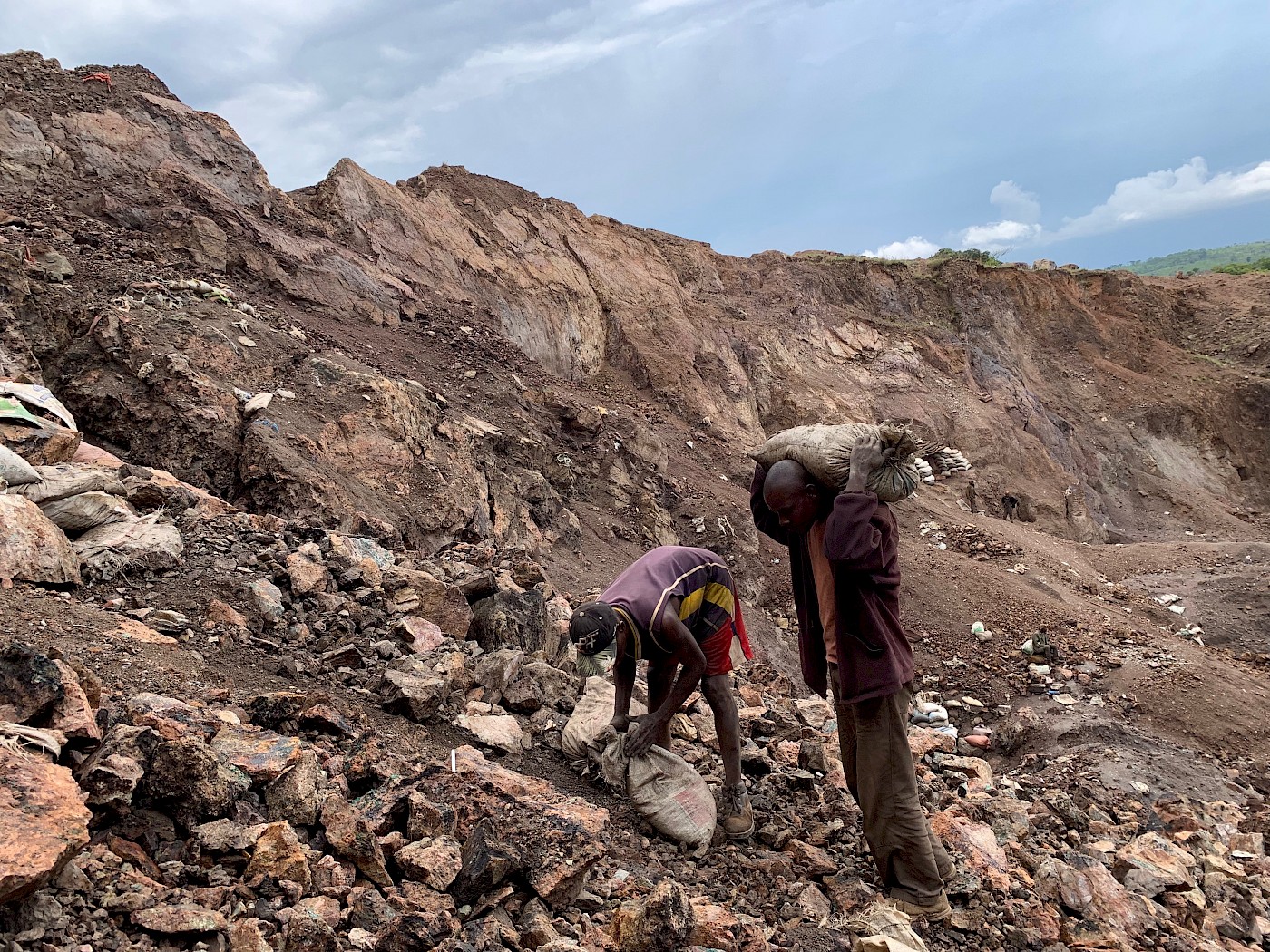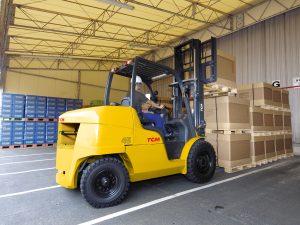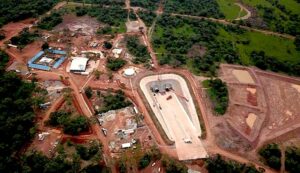Zambian energy supplier to mines secures $145m investment milestone
Copperbelt Energy Corporation, a company that supplies power to mining operations in Zambia and DR Congo, will receive new investment from Affirma Capital and Norwegian funds.
Copperbelt Energy Corporation (CEC), a company that supplies power to mining operations in Zambia and DR Congo, is set for a $145m investment in a deal led by the company’s largest shareholder, private equity firm Affirma Capital.
Norfund, the Norwegian development finance institution, along with Kommunal Landspensjonskasse, a Norwegian pension fund, are joining Affirma to finance the transaction for a 36.34% stake in CEC, which is listed on the Lusaka Stock Exchange. Affirma was originally the private equity arm of Standard Chartered Bank, before being spun out as an independent firm in 2019.
While private equity firms typically look to sell, or ‘exit’, their stake in a business after around five years, in this case Affirma has chosen to remain invested in CEC via a ‘continuation deal’. This essentially involves Affirma acting as both the seller and the buyer in the transaction, with the firm’s original investors getting their capital back and new investors coming onboard. According to Affirma, the deal is the largest ever continuation deal for a single asset in Africa.
The investors who funded Affirma’s original investment in CEC in 2014 will walk away with around three times the capital they put into the business, via a combination of the sale and dividends paid over the last decade.
In an interview with African Business Magazine, Ronald Tamale, Affirma’s founding partner and head of sub-Saharan Africa, said that CEC’s surging value over the past decade reflects the company’s ability to profit from the growth of the mining sector in both Zambia and DR Congo.
“We’re mission critical to the mines in providing that power,” he says, adding that the management team has helped steer it through multiple challenges in recent years.
Powering growth
CEC can trace its history to the colonial era, but assumed its modern form in 1997 when it was privatised by the Zambian government. The core business of the company involves purchasing electricity from the state-owned Zambia Electricity Supply Corporation (ZESCO) and distributing it to mines on the Copperbelt. More recently, however, CEC has sought to expand through “backward integration” into electricity generation. A 34 MW solar plant was commissioned last February, with another 60 MW facility due to follow suit this month.
Tamale says that progress towards restoring political and economic stability in Zambia since the election of President Hakainde Hichilema in 2021 has been a “major factor” in Affirma’s decision to re-invest in CEC. Zambia has become attractive for investors through offering the “the right leadership, the right policies and the right mindset,” he says.
“I would probably say Zambia is in the top two or three destinations right now for Africa, where people would want to go invest,” Tamale says. Hichielma has pursued more business-friendly policies than former president Edgar Lungu and sought better relations with lenders.
Now that Affirma has decided to reinvest, Tamale says that CEC will concentrate on expanding the power distribution network in Zambia. Output from mines is set to grow significantly with copper in high demand due to its role in the energy transition, meaning that mines are “going to need power”. Hichilema has set a highly ambitious target of expanding production to 3m tonnes a year by 2030, more than treble its current level.
Tamale adds that “expanding more into renewable energy” will also be a core focus for CEC. The company is looking at investing in wind power in addition to the solar plants it has already commissioned. This helps position CEC to sell power to the Zambian electricity grid and the regional Southern African Power Pool.
Another key priority will be supplying more power to customers in DR Congo. CEC owns the interconnector that allows electricity to be exported from Zambia into DR Congo and Tamale says the company is looking into expanding its capacity. He adds that power generated from renewable sources and supplied through CEC’s distribution infrastructure is an attractive prospect for mines in DR Congo, which are otherwise forced to rely on expensive diesel generators.
Share this content:
